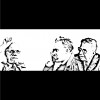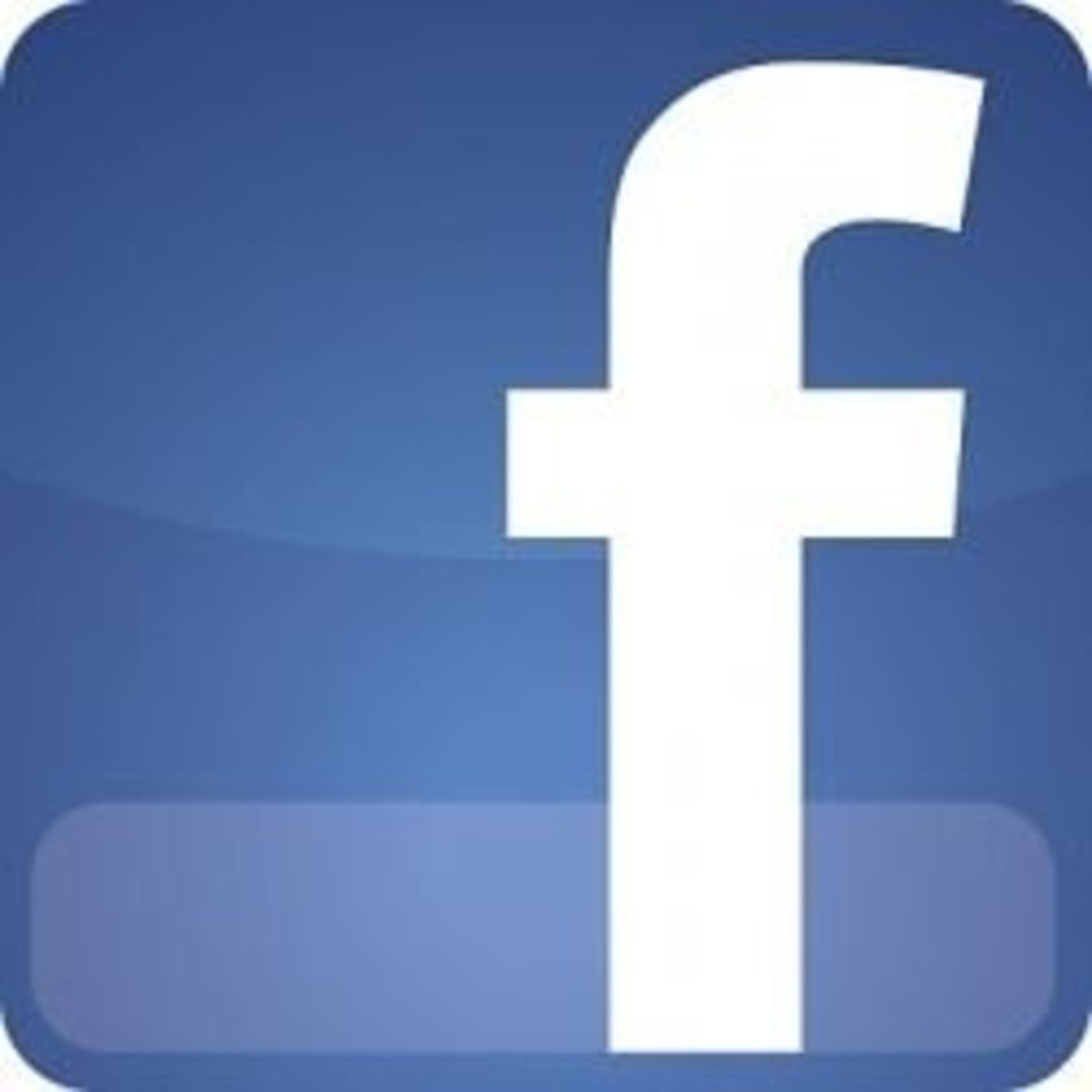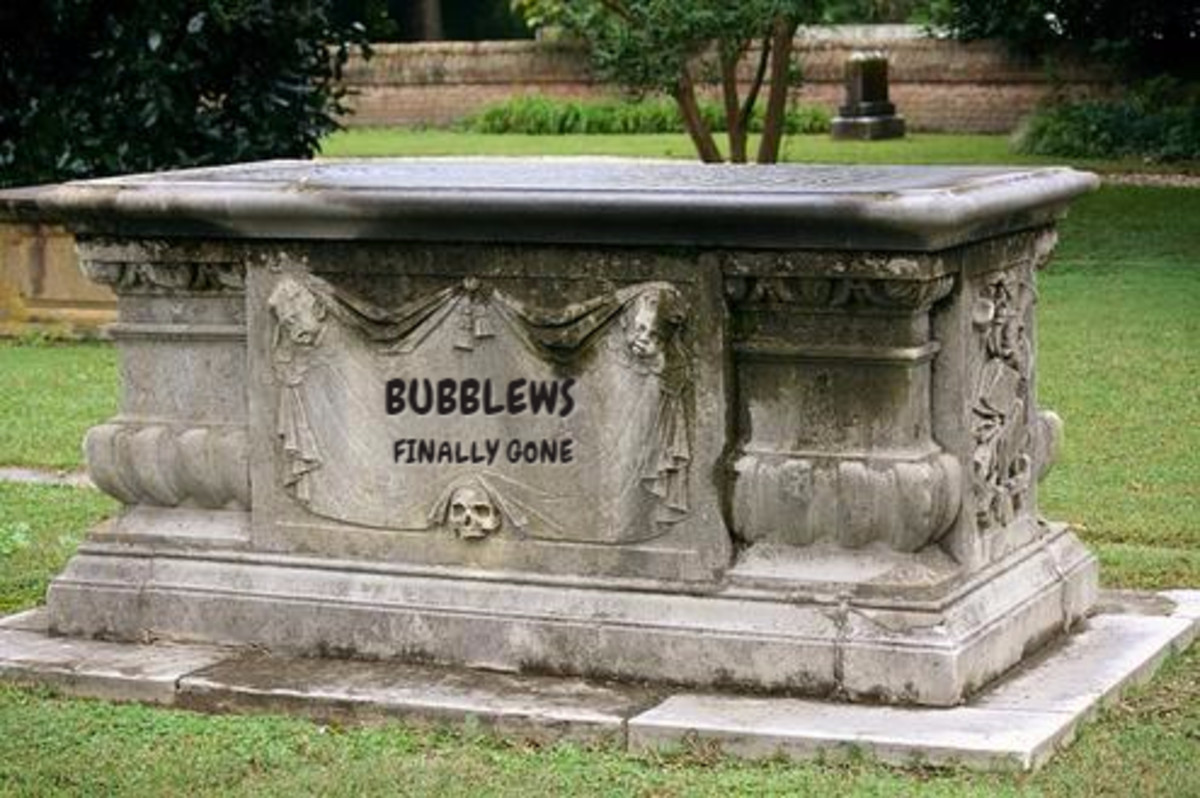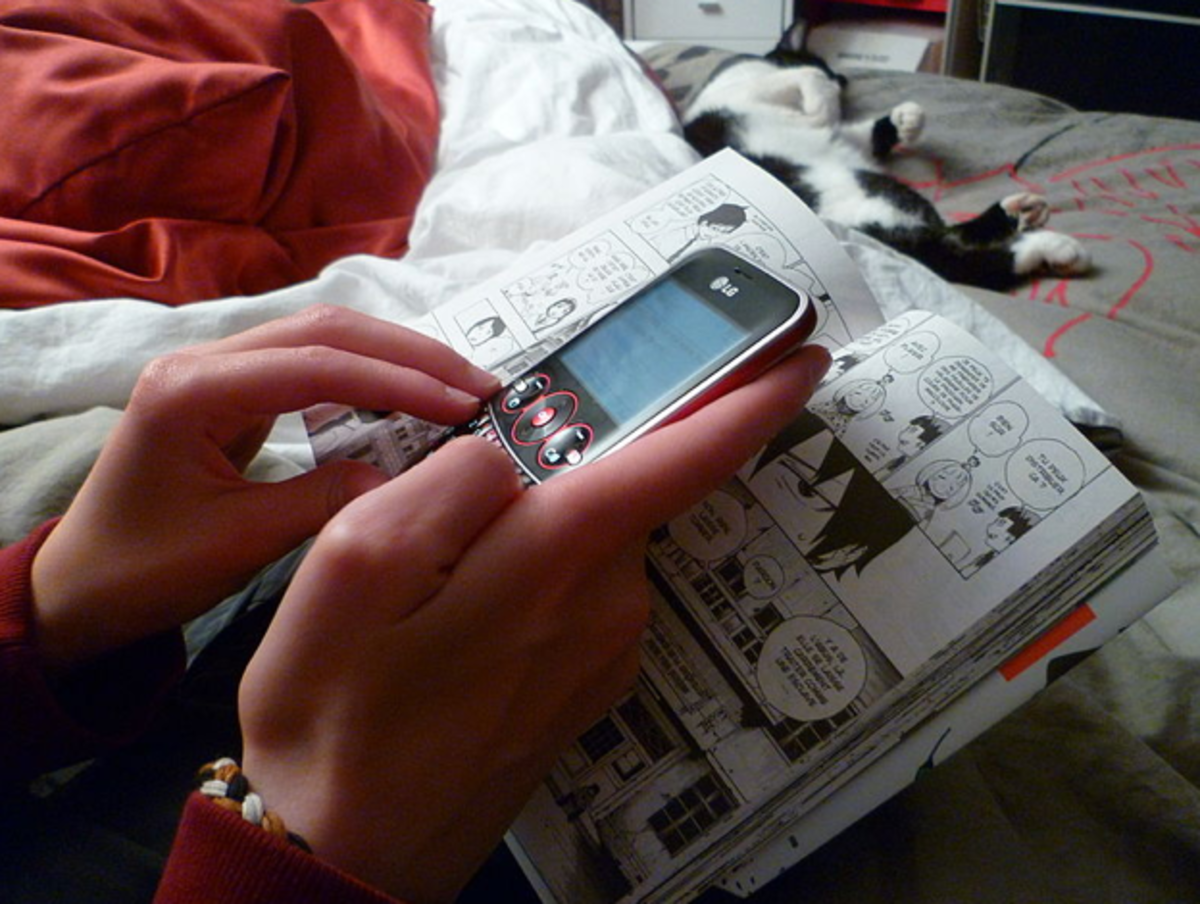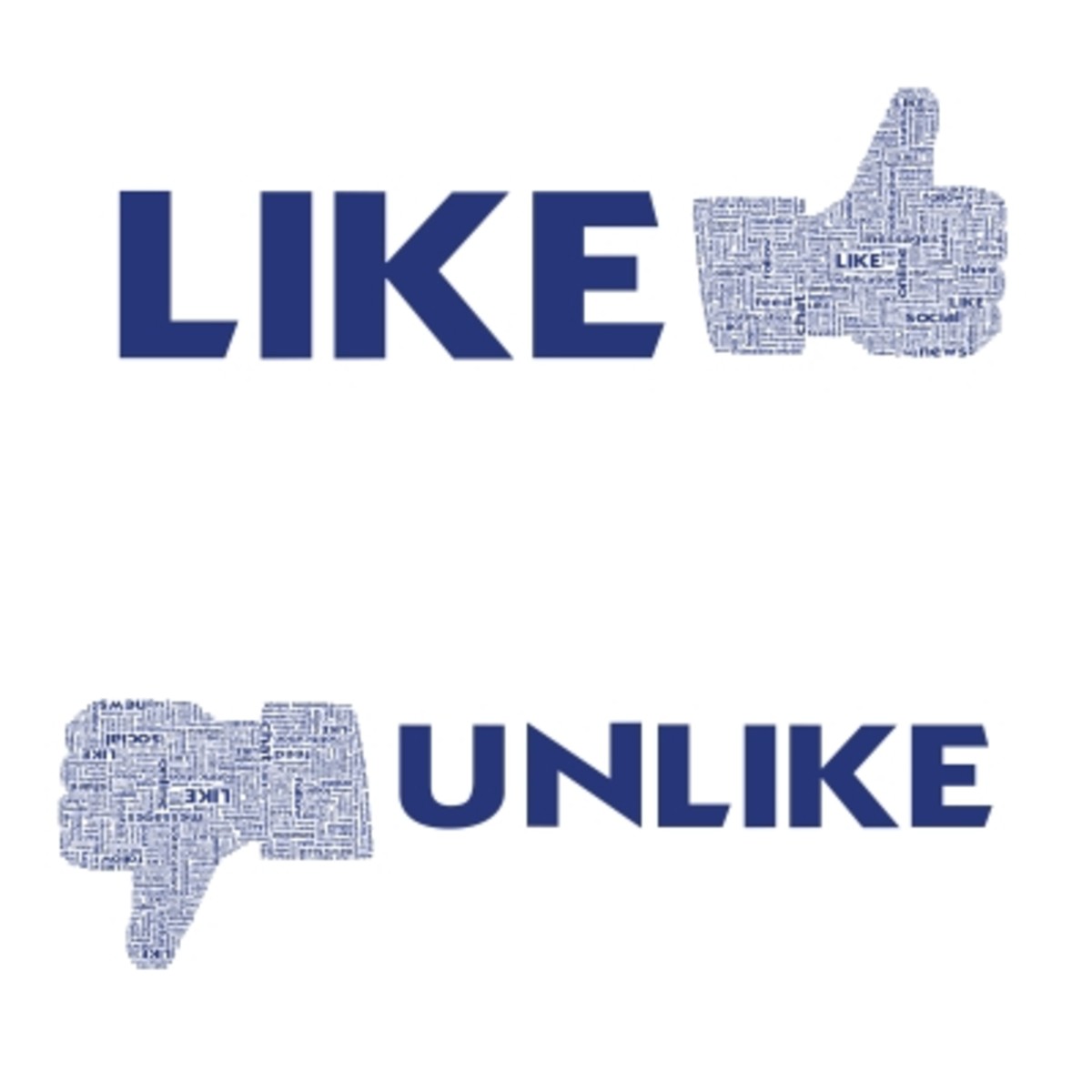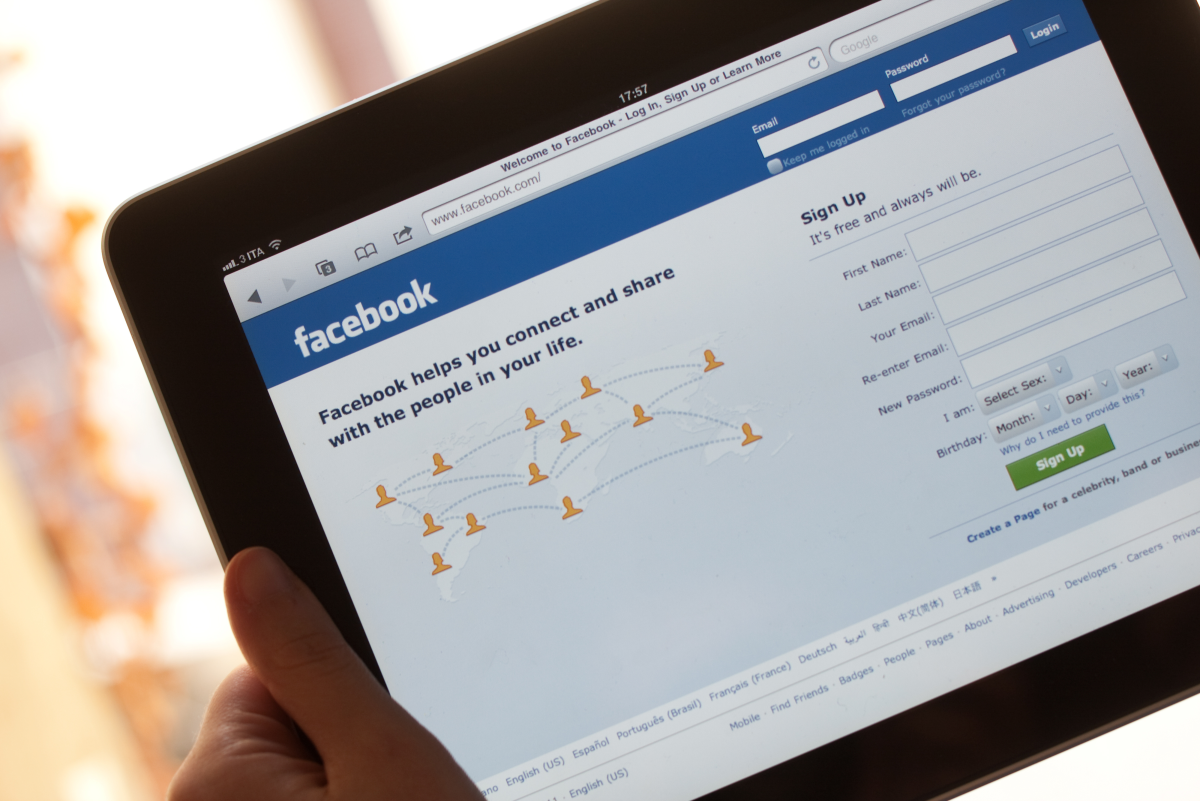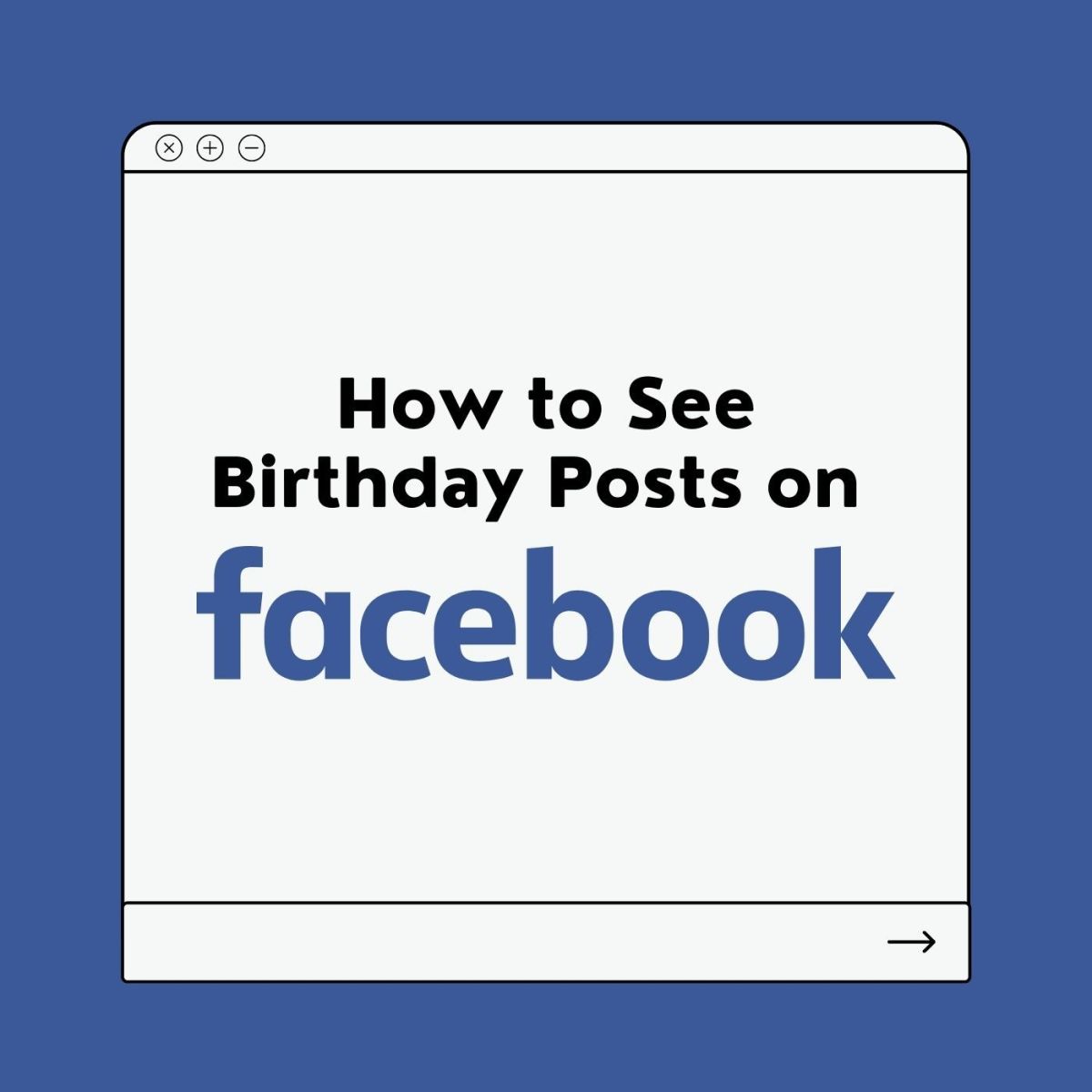- HubPages»
- Technology»
- Internet & the Web»
- Social Networking
Why Facebook Succeeded
Just A Thought
Well, I hate success stories, or those "recipes" and "steps" to success. Hence what this article is about is just an observation of why Facebook succeeded, or rather why it even had a chance to become as popular as it is now, instead of dying away as it was conceived like a thousand other ill-fated projects and Internet-based initiatives.
Resources For Those Who Are Totally Clueless About What I'm Talking About...

The Whole Social Networking Thing
I remember that there were things like Friendster and MySpace around
already before the public launch of Facebook, which was not actually
very long ago if you recall, maybe about five years ago only. They were
great as well, making the whole concept of "meeting people on the
Internet" a bit more organized and proper. Previously, what you had to
do was to set up your own website perhaps, and hope that somebody found
whatever you wrote or put up interesting and contacted you via email.
Alternatively, you could enter IRC; chatrooms; forums or some form of "friend
finding" site. However, the experience was not very attractive - you had
no way to guess who really was on the other end, and most people didn't really
"network", especially before the Internet became as vibrant and convenient as it is
today, most people just wrote nonsense or felt really isolated as they
went along - there was nothing really human about the virtual encounters
without a face.
Then came the first social networks, with the goal of a website with tools organized around the user to associate himself with certain other people, or communities. Friendster and all allowed you to put a face to things, or explain a little more about your interests and hobbies, and it did it in such a way that would ensure that people would see it if they were looking for you, or people like you - a central profile for everything and albums; song lists and all for everything else. Imagine writing into someone's autograph book or showing a colleague your family pictures. And making it simple just like the papers, you didn't scour the main pages if you were looking for a job; you probably knew you had to look into classifieds or the ads section for that. It was the same thing with the early networks. By putting information together and organizing them, unifying the experience of people-searching on the Internet and hence making it altogether more coherent, the Internet public knew, that if you needed to find some long-lost buddy hence, you went to Friendster. MySpace was a favourite with new indie artistes with its music playing widgets; LinkedIn with business executives with its ability to setup references and portray more formal liaisons with others. Over time, certain sites developed their respective niches in this fashion and by word-of-mouth in the real world.
It was a lot more helpful than the earlier, crude, staccato methods of knowing people around the Web, but more importantly as the Internet started to play a larger role in people's lives, with the advent of YouTube; Wikipedia; Microsoft, Apple and Google's integrated services and mobile Internet, people also stopped fooling around with these networks and considered them a natural extension of their real life, like their presence on the Internet, apart from the fleeting instant messenger and email which were just mailboxes. Psychologically, your social network profile was like an actual house in lieu of a personal website. These led to the rise of "social networking" as the merger of online and offline identities allowed people to say, "catch up" and "browse" through the profiles of acquaintances and their daily lives in a way. Rather, this bypassed the physical impossibilities of always being together with other people all the time, or the cost of spending time with others not as important or physically proximate, and hence avoiding the situation where some acquaintance ends up being "forgotten" as a mere phone contact or an old name card.
It's Hip To Face-book Now
When Facebook began, even before it became "hip", it was not really revolutionary thus. The importance for people to establish online personas and presences, to befit the rise of Web 2.0 as well, was a factor in the sudden burst of popularity Facebook later welcomed. However though, I mean, there were so many other social networks around already. It could have been another new, or even existing social network which took on this role as the social network we come to know. Why Facebook, then?
Facebook started out with a tad more seriousness and credibility as a networking tool, even for people who aren't really into the whole networking stuff. Starting out as a private Harvard University-based social network, with the young undergraduate Mark Zuckerberg at its helm, Facebook initially in 2004 allowed only Harvard students to sign up for accounts and setup profiles. This was to have the effect of making sure no jokers signed up to create fake personas and details.
When Facebook began, even before it became "hip", it was not really revolutionary thus. The importance for people to establish online personas and presences, to befit the rise of Web 2.0 as well, was a factor in the sudden burst of popularity Facebook later welcomed. However though, I mean, there were so many other social networks around already. It could have been another new, or even existing social network which took on this role as the social network we come to know. Why Facebook, then?
Facebook
started out with a tad more seriousness and credibility as a networking
tool, even for people who aren't really into the whole networking
stuff. Starting out as a private Harvard University-based social
network, with the young undergraduate Mark Zuckerberg at its helm,
Facebook initially in 2004 allowed only Harvard students to sign
up for accounts and setup profiles. This was to have the effect of
making sure no jokers signed up to create fake personas and details, although I do not think that at the beginning this was a real concern on Zuckerberg's part. However, as the membership expanded to other Ivy League schools, then to colleges, it did help avoid the nasty issues of false profiles, at a time when the need for online presences were becoming important as earlier discussed, when other public websites had tons of them. Invitation-only groups and affiliations helped to deter unwanted spammers as well.
Sure, one could still fill in false details and claim to have won an Olympic medal in his youth for instance, but it wasn't as fun to do that when everyone else seemed to be doing serious writing. Unless you had really "no life" and was totally bored, you just didn't feel the propensity to fool around anymore. Plus, what was the catch when it was likely that someone was going to blow the whistle on you? The networking, rather than voyeurish aspect of Facebook differentiated itself from other websites from the start. The earliest members from Harvard probably took it as well, a facebook or a yearbook. With the Ivy League roll-out, that probably happened too. You really knew the person you added.
As the service rolled out to more people and the network links started, perhaps within family members and friends studying in university and college, and whatever the six degrees of separation was to help with, the credibility of profiles hosted was maintained by a, perhaps I would say, "peer pressure" effect. Friendster and others never had that advantage. By the time it had looked important enough, within the last five years maybe, for anyone new you meet to be added onto your own Facebook account as you returned home, the older networks were already filled with many phoney profiles. And unlike MySpace and other niche networks, Facebook was versatile enough by its public launch to be for everyone; it was as hip as it was formal (as long as you don't post pictures of your boss drunk) - its "wall" concept and integration with other popular websites allowed anyone to link to anything e.g. if you were a rock musician, you could link fans to your YouTube video easily, or comment about just any topic - this is without mentioning the games and all Facebook brought to the social networking scene to really "hook" the public. In a sense, you could argue that the private restrictions regarding the schools initially was a sort of "beta test" that ensured a solid critical mass of serious users to begin with after - people who really wanted the real estate, and could invest some time in maintaining and decorating it, not squatters and backpackers.
So Your Facebook Is You!
Of course, then in come the advertisers and as corporate entities who also saw the opportunities for advertising in virtual space just as they have in real life, putting up billboards next to your piece of real estate, to use an analogy.
Other than that, the integration (which detractors might call "blurring") of your online and offline presences have been much enhanced by Facebook over time. Foursquare, for instance, is a geolocation service that can announce, via Facebook, to the world, your location at any given time - they in fact make it into a game of sorts. Also, "live feeds" allow for real-time updates to your online universe about whatever you want them to know about - that's like a sudden shout to the world, which is better than real life, because in this virtual world only your friends can hear it.The real and the virtual hence work in conjunction.
Do you not see the sense of ownership a Facebook account imbues as a result? Your Facebook is you! As the web grows bigger, this sense of a "real estate" online that is made accessible, "rent-free" to all, enforces loyalty and encourages usage. That is the core of Facebook's success. To be fair, it was a little bit of a game of chance for Facebook - it evolved out of a "virtual" yearbook concept, but was carried by the Web 2.0 wave and expanded to fit new needs in online social media and networking. Then from there, it began to innovate. Had it started out in mind to become what it was now, it probably wouldn't have been as great. Zuckerberg the indie developer was unlikely to garner enough solid critical mass to start the Facebook revolution in the same way, and it was likely to flop, or maybe achieve success in a limited way like the other existing websites, and that initial critical mass of real people was in fact the revolution in execution, beyond just concept. Online social networking may have remained the stagnant, static, not-so-well executed idea it was. The reality now is that we know Facebook better than most other similar sites, and are likely to have an account with it because we actually like it better than others. In all probability, most of the people with Facebook now would not have signed up with another provider if Facebook existed not.
Thankfully because of the success of Facebook, we now have more reason to be proud of the Internet... We can tell that to the aliens if they call, maybe.
